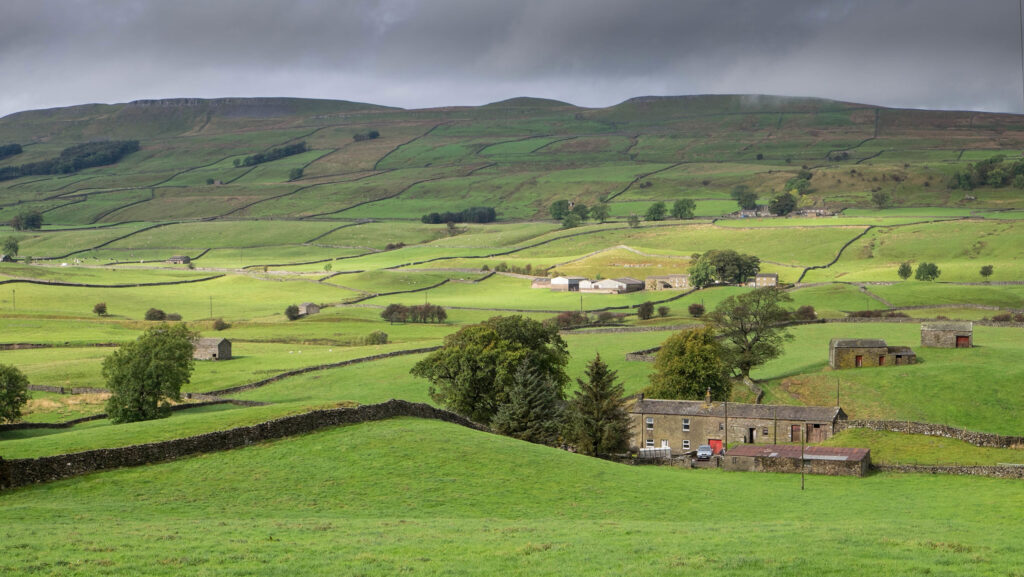OBR casts doubt on government’s farm IHT figures
 © Tim Scrivener
© Tim Scrivener The Office for Budget Responsibility (OBR) has raised concerns over the UK government’s controversial plan to introduce farm inheritance tax, suggesting that the proposed policy may not generate the revenue expected.
The OBR’s report (PDF) assigns the measure a “high” uncertainty rating, casting doubt on the government’s projection that the changes will raise £500m a year.
The fiscal watchdog states that annual revenue from the policy is expected to decrease after seven years, as family gifts become exempt from inheritance tax (IHT) and property owners adjust their behaviour.
See also: 89,500 farmers to be hit by inheritance tax, says CAAV
The Country Land and Business Association (CLA) is urging the government to reconsider its approach, warning that the policy could undermine investment and growth, ultimately harming the wider economy.
CLA president Victoria Vyvyan criticised the Treasury for not fully considering the broader economic impacts.
“Farmers and small business owners are pulling investment, cancelling orders, and questioning their business viability,” she said.
Ms Vyvyan added that the reforms could lead to fewer jobs, reduced food security, and less money going into the Treasury, which could ultimately affect public services.
The emotional toll on farmers is also a major concern.
Both the CLA and the NFU have called for a full consultation on the policy to ensure that its potential impacts are fully understood.
The government’s failure to consult relevant stakeholders before launching the policy had exacerbated the situation, the NFU said.
‘Appalling position’
The OBR’s report also warns that it is “likely to be more difficult for some older individuals to quickly restructure their affairs in response to the measure”.
NFU president Tom Bradshaw expressed concern about the adverse effects the changes would have on elderly farmers.
“One minute they were advised to keep their farms until death to pass them on to the next generation, the next they’re left knowing that if they live beyond April 2026 when the measures come in, their children may have to break up or sell the farm,” he said.
“What an appalling position to put elderly people in.”
